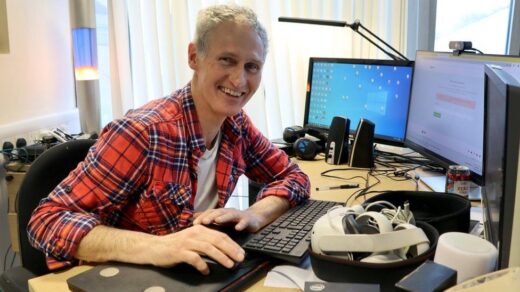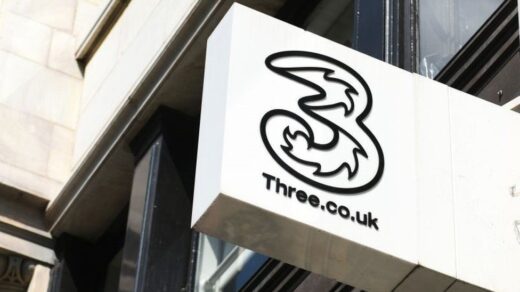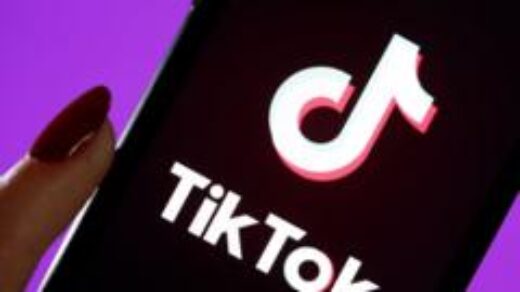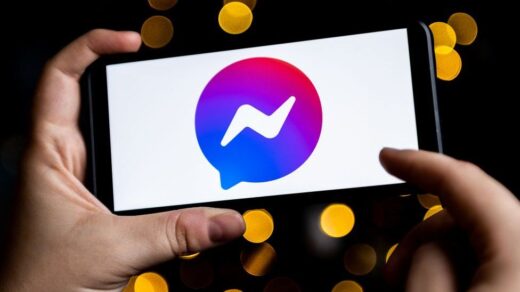The NHS and World Health Organization do not currently recognize digital addictions, leaving individuals struggling to find support. The BBC interviewed three individuals who are part of a 12-step program for internet addicts. One of them, Sophia, describes her decade-long destructive relationship with technology. Born in East Asia, Sophia joined her parents in the UK as a young child. Feeling lonely in Oxfordshire, she turned to her devices for companionship. At the age of 15, she quit social media but continued to struggle with compulsions. Sophia began bingeing on self-help content for 16 hours a day, damaging her relationships and academic performance. In 2023, she sought help at Internet and Technology Addicts Anonymous (ITAA), a recovery program based on the 12-step model used by Alcoholics Anonymous. ITAA provides support through sponsorships, in-person meetings, and online interactions. The program addresses various forms of digital addiction, including social media, video streaming, online news, dating sites, pornography, gaming, and online research. Currently, there are only two in-person support groups in the UK, with a third soon to form in Manchester. Abby and Maggie, two other ITAA members, shared their experiences of addiction to streaming services and video content. They all struggled to find help from GPs, mental health services, and addiction courses. Maggie even turned to Narcotics Anonymous for support. While digital addictions are not officially recognized by the NHS or WHO, there is a growing recognition among medical professionals that it is a problem. Some experts argue that addressing the underlying reasons behind compulsive behaviors is more important than creating a new diagnosis of “digital addiction.” The Priory, the UK’s largest private provider of mental health services, has seen a significant increase in inquiries about gaming, internet, social media, gambling, and porn addictions. Despite the lack of recognition from official bodies, ITAA has been life-changing for Sophia, Abby, and Maggie. They have formed an in-person support group in Oxford and are at different stages of recovery. They emphasize the importance of both online and in-person meetings for their healing process.









